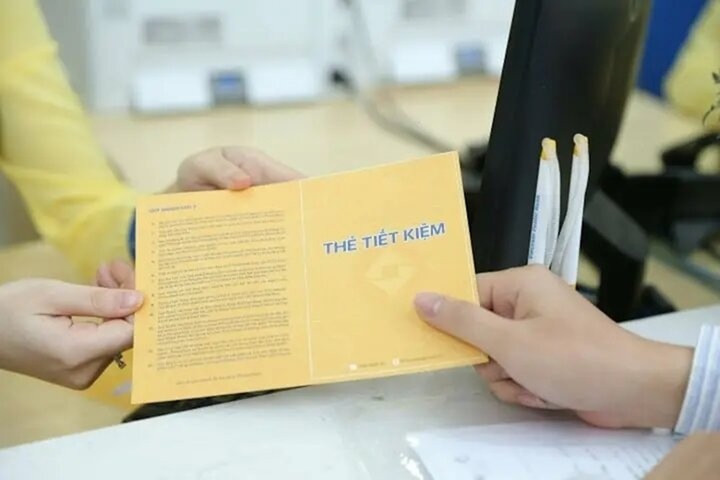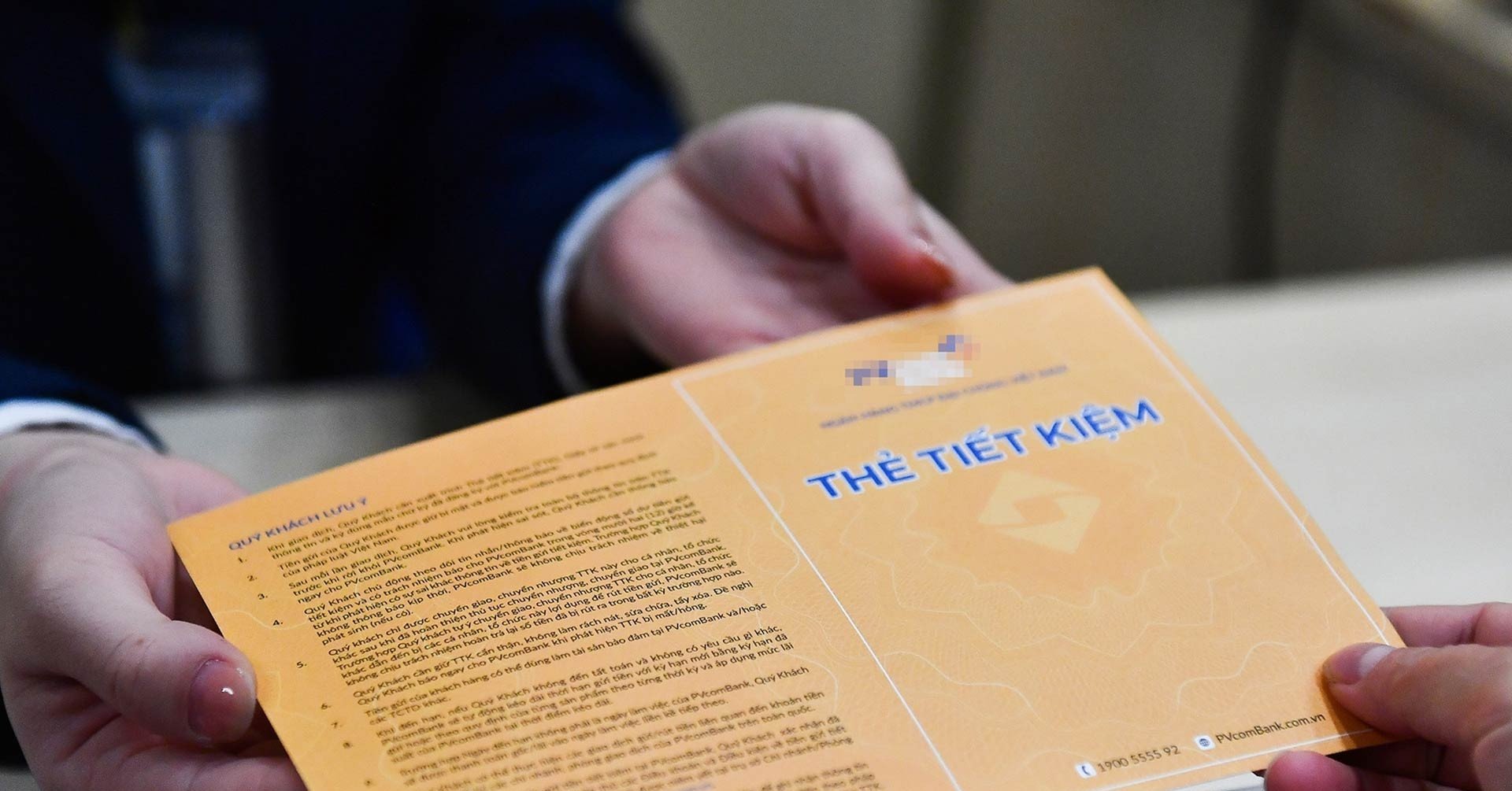Donating or making a will for a savings book can be confusing for many people due to its legal nature and related procedures. Donating a savings book is the transfer of ownership of the book from one person to another without requiring financial benefits from the recipient. To make the donation process go smoothly, the following points should be noted:
Check the conditions for increase: First, you need to make sure that the savings book is not blocked or attached to a loan contract.
Making a gift contract: A savings book gift contract needs to be clearly drawn up, stating the information of the donor and recipient, the amount of money in the savings book, and the transfer conditions, if any.
Notarization and certification: The donation contract must be notarized or certified by a competent authority to ensure legal value.
Notify the bank: After notarization, you need to contact the bank to notify the transfer and carry out procedures to update the new owner's information.

Donating or making a will for a savings book requires caution and compliance with the law to ensure the rights and legitimate interests of the parties involved.
Some notes when donating money in a savings book:
First, the transfer of ownership of savings deposits must be done at the bank where the savings card is opened.
Second, both the donor and the recipient of the money in the savings account/card need to go directly to the bank to complete the procedure.
Third, the transfer of ownership of savings deposits must have full signatures of the donor and the donee.
Fourth, the donor's signature must match the bank's sample signature. The donee's signature will be used to compare with the signature when the savings matures...
A will is an important document in which the testator stipulates how assets, including savings books, will be distributed after death. The necessary steps to make a will for savings books include:
Drafting a will: The will should be clearly drafted, including details of the savings account, beneficiaries, and any additional terms and conditions, if any. Note that the testator's wishes must be expressed clearly and without coercion.
Will authentication: Wills should be authenticated by a notary public or local authorities to ensure legality and avoid future disputes.
Storing a Will: Once a will has been prepared and notarized, it is important to store it carefully in a safe place. You can store the original at a bank, notary office, or a safe personal location.
Source: https://vtcnews.vn/tang-cho-hoac-di-chuc-so-tiet-kiem-sao-cho-dung-ar904839.html




![[Photo] Prime Minister Pham Minh Chinh receives Mr. Jefferey Perlman, CEO of Warburg Pincus Group (USA)](https://vstatic.vietnam.vn/vietnam/resource/IMAGE/2025/4/18/c37781eeb50342f09d8fe6841db2426c)


![[UPDATE] April 30th parade rehearsal on Le Duan street in front of Independence Palace](https://vstatic.vietnam.vn/vietnam/resource/IMAGE/2025/4/18/8f2604c6bc5648d4b918bd6867d08396)






















































































Comment (0)